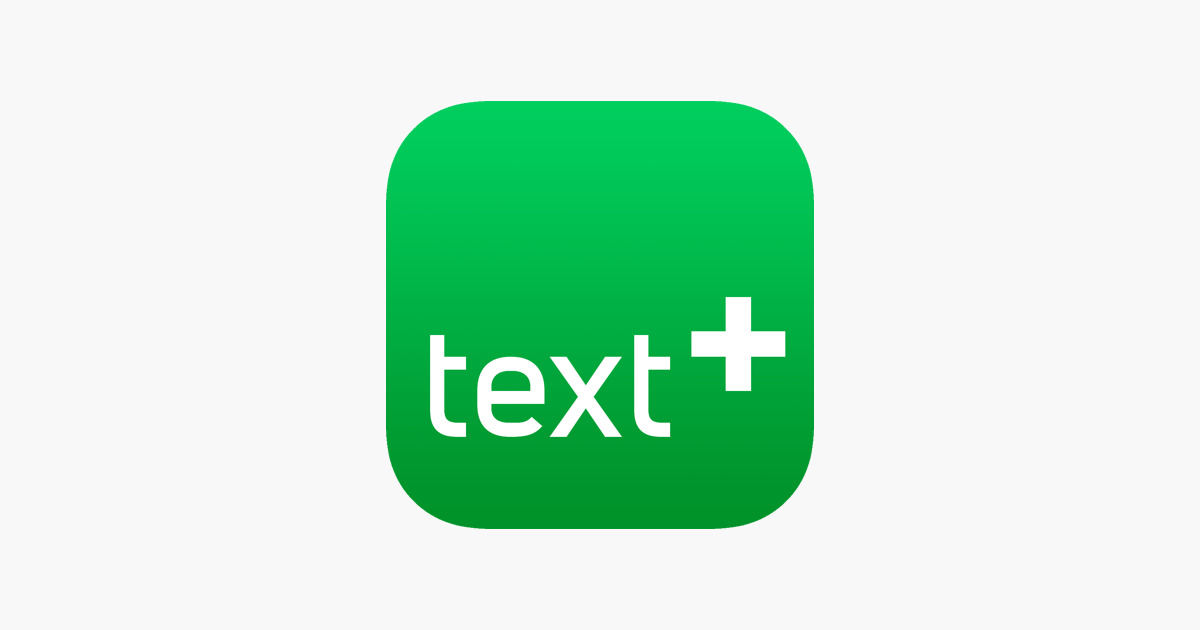Home>Software and Apps>TextPlus VPN: Enhancing Security and Privacy


Software and Apps
TextPlus VPN: Enhancing Security and Privacy
Modified: September 5, 2024
Protect your online activities with TextPlus VPN. Secure your data and privacy while accessing your favorite software and apps.
(Many of the links in this article redirect to a specific reviewed product. Your purchase of these products through affiliate links helps to generate commission for Techsplurge.com, at no extra cost. Learn more)
Table of Contents
Understanding VPNs
What is a VPN?
A VPN creates a secure, encrypted connection to a network over the internet. Users typically establish this connection using a VPN client on their device, which connects to a VPN server. Data transmitted between the device and server remains encrypted, making it unreadable to anyone intercepting the communication.
How Does a VPN Work?
- Connection Establishment: Users initiate a connection to the VPN server using a VPN client, which can be software or a browser extension.
- Encryption: Once connected, all data transmitted between the device and server is encrypted using advanced algorithms like AES or OpenVPN.
- Tunneling: Encrypted data travels through a secure tunnel, a virtual path leading to its destination.
- Decryption: At the VPN server, encrypted data is decrypted and forwarded to its intended destination.
- Return Path: Responses from the destination server are encrypted and sent back through the VPN tunnel to the user's device, where they are decrypted for use.
Benefits of Using a VPN
Enhanced Security
- Data Encryption: Encrypting data ensures that intercepted communication remains unreadable.
- Protection Against Malware: Encrypting all internet traffic makes it difficult for malware to intercept and steal sensitive information.
Anonymity and Privacy
- IP Address Masking: Routing internet traffic through a VPN server masks your IP address, making it difficult for third parties to track online activities.
- Location Hiding: VPNs hide your location, allowing access to geo-restricted content or browsing without revealing your physical location.
Access to Geo-Restricted Content
Many streaming services and websites restrict access based on geographical location. A VPN can help bypass these restrictions by making it appear as if you are accessing the content from a different country.
Public Wi-Fi Security
Public Wi-Fi networks are often unsecured, making them vulnerable to hacking. Using a VPN when connected to public Wi-Fi can protect your data from being intercepted by hackers.
Protection Against DDoS Attacks
Distributed Denial of Service (DDoS) attacks involve overwhelming a network with traffic to make it unavailable. A VPN can help protect against such attacks by routing traffic through multiple servers, making it harder for attackers to target a single point.
Types of VPNs
Consumer VPNs
Designed for personal use, these are the most common type of VPNs. They are often provided by internet service providers (ISPs) or third-party companies.
Business VPNs
These are designed for organizations and provide additional features such as centralized management, advanced security protocols, and support for multiple devices.
Free VPNs
Free VPNs are available but often come with limitations such as data caps, slower speeds, and limited server options. They may also collect user data for advertising purposes.
Paid VPNs
Paid VPNs offer more features and better performance compared to free VPNs. They typically provide unlimited data, faster speeds, and access to a wider range of servers.
How to Choose the Right VPN
Security Features
- Look for VPNs that use strong encryption protocols like AES-256 and OpenVPN.
- Ensure the VPN has a no-logs policy to protect your privacy.
Server Locations
- Choose a VPN with servers in multiple locations to ensure access to geo-restricted content.
- Consider the number of simultaneous connections allowed by the VPN.
Speed and Performance
- Opt for a VPN that offers fast speeds to ensure smooth browsing and streaming.
- Some VPNs may throttle speeds to manage traffic; look for ones that do not do this.
Customer Support
- Good customer support is crucial in case you encounter any issues with the VPN.
- Look for VPNs with 24/7 support and multiple contact methods.
User Interface
- A user-friendly interface can make it easier to navigate and use the VPN.
- Some VPNs offer mobile apps and browser extensions for seamless integration.
Additional Features
- Some VPNs offer additional features like split tunneling, kill switches, and DNS leak protection.
- Consider what features are important to you and choose a VPN that offers them.
Popular VPN Providers
ExpressVPN
- Known for its fast speeds and wide range of server locations.
- Offers strong encryption and a no-logs policy.
NordVPN
- Offers advanced security features like double encryption and a kill switch.
- Has a large server network and supports multiple devices.
ProtonVPN
- Focuses on security and privacy, offering a no-logs policy and strong encryption.
- Provides a free plan with limited features and a paid plan with more advanced features.
TunnelBear VPN
- Known for its user-friendly interface and cute bear mascot.
- Offers a free plan with limited data and a paid plan with unlimited data.
Private Internet Access (PIA)
- Offers a large server network and supports multiple devices.
- Provides strong encryption and a no-logs policy.
Using a VPN is a vital step in enhancing security and privacy in today's digital world. By encrypting data, masking IP addresses, and providing access to geo-restricted content, VPNs offer a robust solution for individuals and organizations looking to protect their online activities. When choosing a VPN, consider factors such as security features, server locations, speed performance, customer support, user interface, and additional features to ensure you get the best service for your needs.

